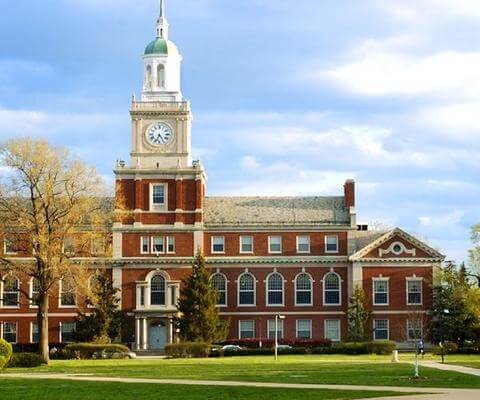Awarded $5 million by the Mellon Foundation's Just Futures Initiative, this is the first time a humanities program at Howard University has ever received a grant of the magnitude.

Registration for the Social Justice Certificate, offered in the Department of Interdisciplinary Studies, is still open! Applications are being accepted on a rolling basis.
The Social Justice Certificate disrupts the idea of the academy by expanding notions of who can produce, have access to, and teach social justice knowledge. This certificate is not tied to a degree and is offered to current Howard University students.
The certificate courses not only deepen community social justice knowledge, but position Humanities as the means to solve social problems. Education and empowerment across different sectors and demographics will increase the critical consciousness, participation in, and efficacy of social justice activism.
Apply Today!The Howard University Social Justice Consortium (SJC) is a cross-organizational, cross-institutional, interdisciplinary partnership that is concerned with educating society and developing the critical consciousness people need to analyze injustice in their own communities and develop innovative and collaborative action-oriented remedies.
The SJC has three pathways to increase community knowledge on this topic, including supporting social justice research, art, and activism. However, its most significant is its effort to democratize access to knowledge.
Dr. Nikki M. Taylor
Principal Investigator
Chair, Department of History
College of Arts & Sciences
Phone: (202) 806-6815
Email: nikki.taylor@howard.edu
January 21, 2021 | Written by Howard Newsroom Staff
WASHINGTON – The Andrew W. Mellon Foundation awarded Howard University $5 million for its Just Futures Initiative. Howard was one of 38 universities invited by the foundation to submit proposals for “visionary, unconventional, experimental and groundbreaking projects in order to address the long-existing fault lines of racism, inequality and injustice that tear at the fabric of democracy and civil society.” Sixteen proposals were selected out of 165 submissions.
Read Full Article